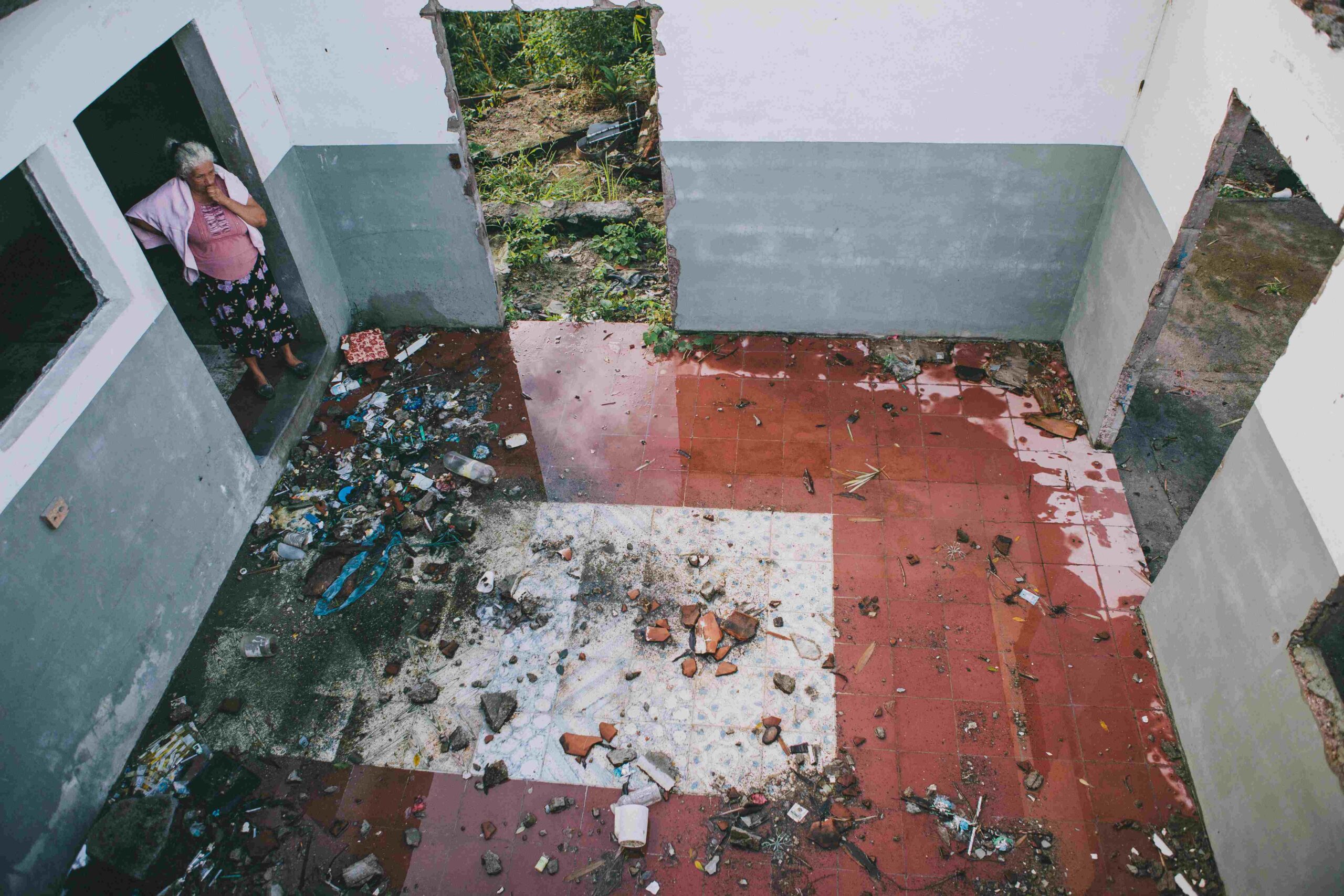


UCA criticizes the “drop” in homicides and the increase in missing persons
According to Tojeira, for a drop to be authentic, homicides must be reduced to 10 per 100,000 inhabitants and not to the 51 that could be the average for El Salvador.
The rate of 51 homicides per 100,000 inhabitants that the authorities of Justice and Public Security proclaim does not translate into a better security climate in El Salvador, said the director of the Human Rights Institute of the Central American University (IDHUCA), José María Tojeira.
The data still shows “an enormous number of murders” and an indicator that “the government does not have genuine concern for protecting the right to life.” For Mr. Tojeira, a Jesuit, “the drop in homicides is only authentic when the rate is 10 homicides for every 100,000 inhabitants, and throughout the 20th and 21st centuries, none of those circumstances have occurred.”
The Jesuit said that the average number of murders in the 21st century is 56 per 100,000 inhabitants, which indicates the rate is within that high average.
Tojeira said that the violence rates show that the Executive does not respond to the right to life of citizens, “there is a lack of concern and a relative naturalization that cause attempts against life to be accepted.”
Among other data on violence, the UCA Human Rights Institute report finds that femicides have been reduced but disappearances of both men and women have increased.
According to statistics from the Attorney General’s Office in El Salvador, as of November last year, there were more than 3,300 cases of missing persons in El Salvador.
The Minister of Justice and Public Security, Mauricio Ramírez Landaverde and the director of the National Civil Police have agreed that of all disappearances, only 10 percent end in homicides and their bodies in clandestine graves in desolate parts of the country.
Meanwhile, forensic doctors from the Institute of Legal Medicine have stated in previous publications that 90 percent of the disappeared people are usually found murdered, buried in clandestine graves or in ravines.
Tojeira considered that the numbers of disappeared people “are quite equal between men and women” and, as an example, cited the case of the murder of the police agent Carla Ayala in December 2017. He claimed that this case was made to appear as a disappearance by those who killed her. “This shows that the disappearances may be homicides, which is of concern and requires further investigation by the authorities.”
Forced displacement
Added to this problem are forced displacements, which in 2018 totaled 192 cases assisted by IDHUCA. 81 cases involving about 281 people required victims to flee their homes, from one neighborhood to another, to safeguard themselves from the threats of gangs.
Tojeira affirmed that extrajudicial executions have changed; they no longer occur in groups, but rather in more selective ways, without changing the context of the illegal group confrontations or aggressions against the authorities. Under these circumstances, he affirmed that 125 gang members and one police officer died in 2018.
The Jesuit recognized that in this spiral of violence not only gangs are victims, but also police officers, and their families. Several policemen were massacred while on their day off.
In addition, he recognizes that the gangs maintain control of some territories in the country, where they subject the civilian population in the region due to the lack of government authority.
The original article in Spanish can be accessed through the link below:



Portal de monitoreo a vulneraciones de derechos humanos
El equipo de investigación de Cristosal brinda monitoreo constante a las violaciones en materia de derechos humanos, para brindar información oportuna y certera sobre las causas y efectos de estas sobre las poblaciones vulneradas. Alimentado por datos provenientes de instituciones Estatales, de sociedad civil y de cooperación internacional, sus publicaciones fortalecen la labor de defensa y promoción de los derechos humanos en el Norte de Centroamérica.